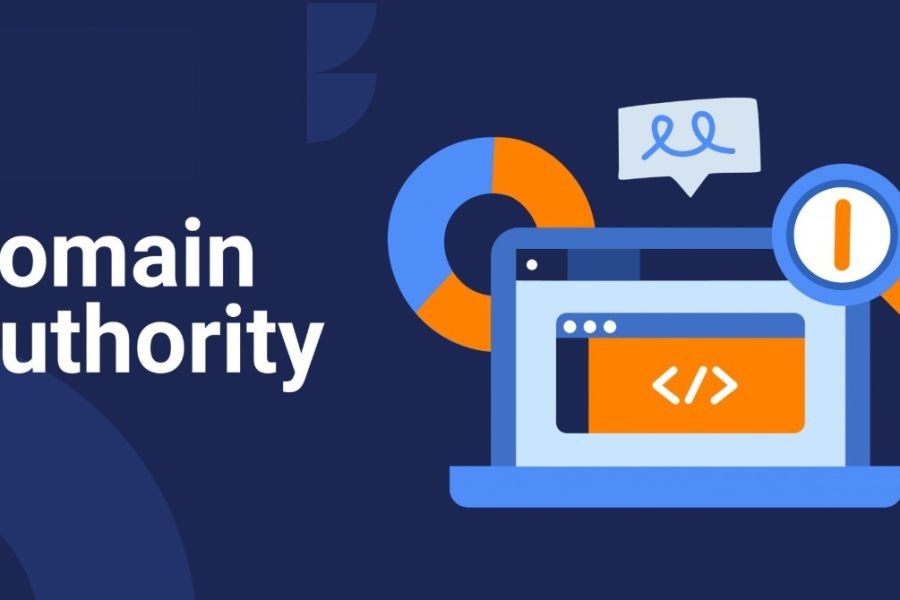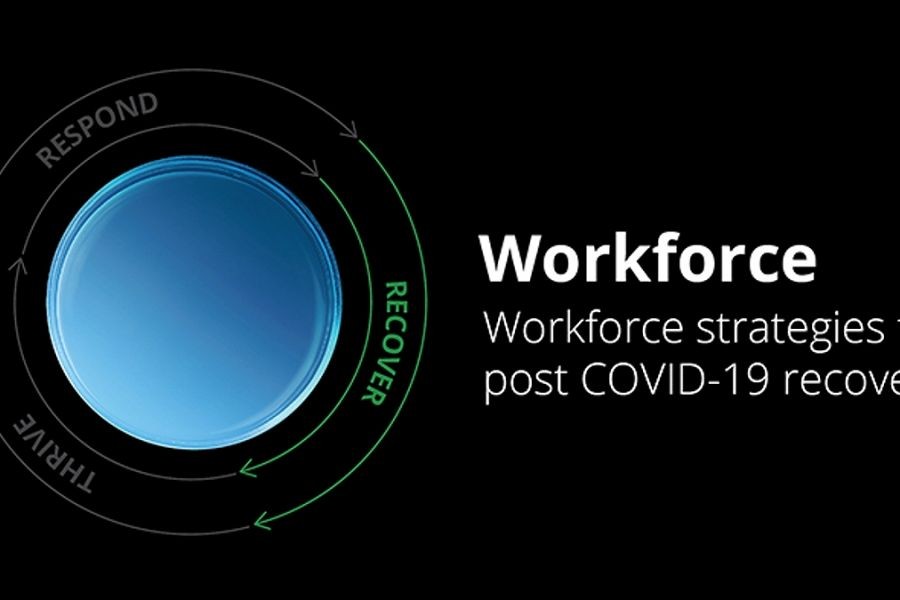In the intricate world of global healthcare, New Zealand emerges as a beacon of affordability and efficiency. While healthcare costs are soaring in many parts of the world, particularly in the United States, New Zealand offers a system that is 20% more affordable. But what makes this possible, and how does it impact businesses, policymakers, and citizens alike?
Understanding the Healthcare Landscape in New Zealand
New Zealand's healthcare system is predominantly funded by the government, ensuring universal coverage for its citizens. This public healthcare approach contrasts sharply with the United States' predominantly private healthcare system, where costs are driven by market forces and insurance premiums. The difference in cost structures is significant, with data from Stats NZ highlighting that New Zealand spends approximately 9.2% of its GDP on healthcare compared to the US's 17.7%.
What Contributes to New Zealand's Healthcare Affordability?
Several factors contribute to the affordability of healthcare in New Zealand:
- Government Funding: The New Zealand government allocates significant resources to healthcare, reducing the financial burden on individuals.
- Efficient Resource Management: The focus on primary and preventive care minimizes the need for costly specialized treatments.
- Pharmaceutical Management: The country's pharmaceutical management system, PHARMAC, negotiates drug prices, ensuring medications are affordable.
Case Study: How New Zealand's Healthcare System Benefits Businesses
Problem: A Wellington-based tech startup faced challenges in providing affordable healthcare benefits to its employees, which impacted talent retention.
Action: The company leveraged New Zealand's public healthcare system to offer supplementary health insurance that focused on additional wellness programs, which were significantly cheaper due to the baseline coverage provided by the government.
Result: Employee retention improved by 30%, and the company saved approximately 15% on its annual healthcare budget.
Takeaway: New Zealand businesses can capitalize on the public healthcare infrastructure to offer enhanced benefits without incurring exorbitant costs.
Pros and Cons of New Zealand's Healthcare System Compared to the US
Pros:
- Cost-Effective: Lower out-of-pocket expenses for individuals and businesses.
- Universal Coverage: Ensures all residents have access to essential healthcare services.
- Public Satisfaction: High levels of satisfaction due to equitable access.
Cons:
- Waiting Times: Non-urgent procedures may have longer wait times.
- Limited Choices: Fewer options for private healthcare compared to the US.
- Resource Constraints: Budget limitations can affect service availability.
What Myths Surround New Zealand's Healthcare Affordability?
Despite its reputation, several myths persist about New Zealand's healthcare system:
Myth: "New Zealand has no private healthcare options."
Reality: While the public system is predominant, private healthcare exists and is utilized by those seeking expedited services.
Myth: "Lower costs mean inferior care quality."
Reality: New Zealand maintains high healthcare standards, as evidenced by its strong health outcomes and international rankings.
Future Trends in New Zealand's Healthcare System
Looking ahead, New Zealand's healthcare system is expected to evolve with technological advancements. According to a report by the Ministry of Business, Innovation, and Employment (MBIE), telehealth services are projected to grow by 70% by 2028, enhancing accessibility and reducing costs further.
Final Takeaways
- Fact: New Zealand's healthcare system is 20% more affordable than the US.
- Strategy: Businesses can enhance employee benefits by leveraging the public healthcare system.
- Pro Tip: Investing in supplementary wellness programs can significantly improve employee retention.
Conclusion
New Zealand's healthcare system offers a compelling model of affordability and universal access, setting a benchmark for cost-effective healthcare worldwide. For businesses and policymakers, understanding and leveraging this system can lead to enhanced employee satisfaction and reduced costs. As the healthcare landscape continues to evolve, staying informed and adaptable will be key to maximizing these benefits. What's your next move in navigating New Zealand's healthcare landscape? Share your thoughts and strategies below!
People Also Ask (FAQ)
- How does New Zealand's healthcare system impact businesses? NZ businesses benefit from lower healthcare costs, enhancing employee benefits and retention without significant financial strain.
- What are the biggest misconceptions about New Zealand's healthcare? A common myth is that lower costs mean inferior care, but New Zealand maintains high healthcare standards.
Related Search Queries
- New Zealand healthcare system overview
- Healthcare affordability in New Zealand
- Public vs. private healthcare in NZ
- Healthcare cost comparison NZ vs US
- Future of healthcare in New Zealand
































stacimarcello0
10 months ago